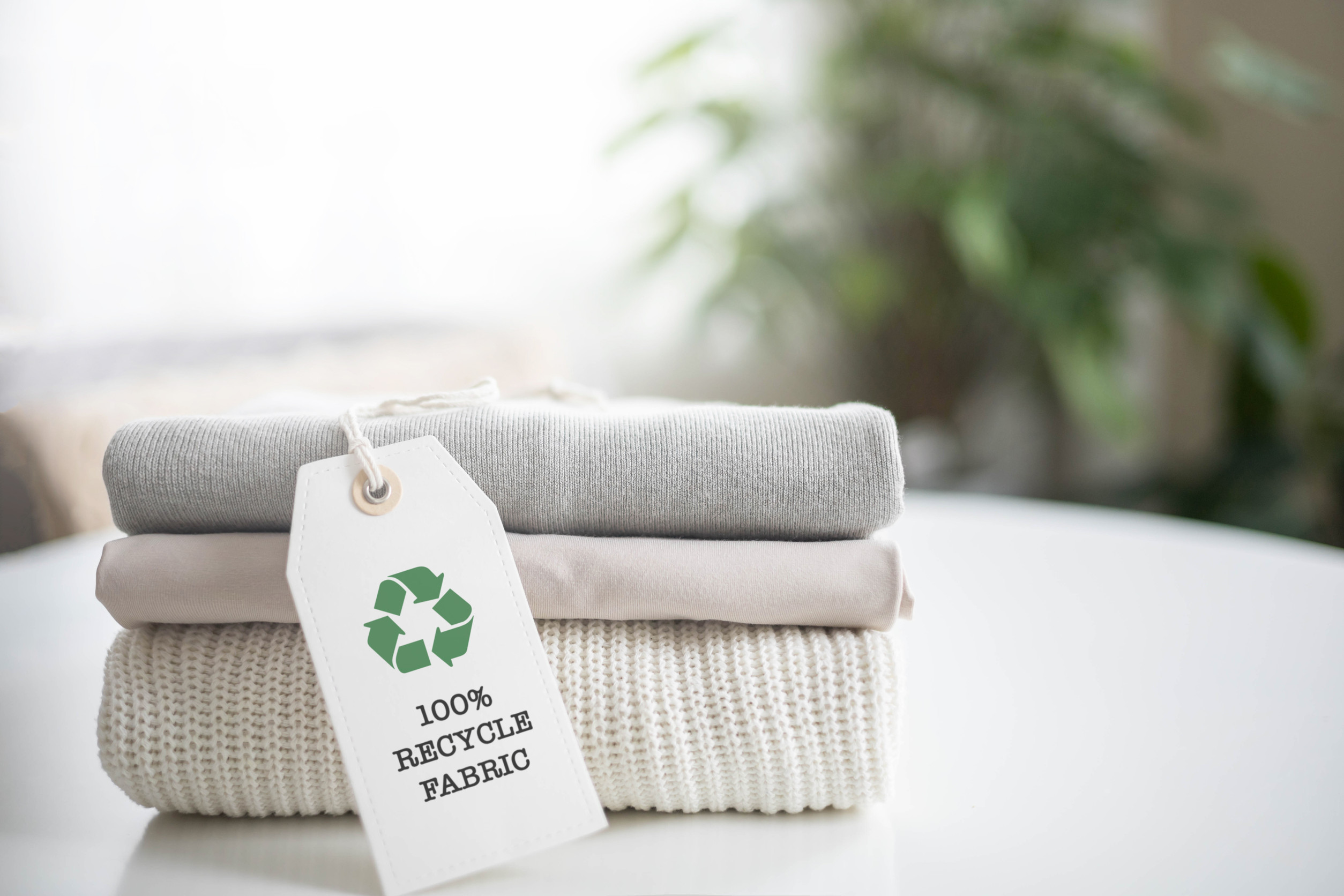
Image Source: 123rf.com
“Eco-friendly labels” used to boost consumer appeal—now, they’re becoming a liability for some companies. With rising scrutiny and higher standards, brands are rethinking vague or unsubstantiated claims. Dropping unverified labels isn’t just about legal safety—it’s about protecting trust. Understanding why this shift is happening helps consumers spot real sustainability from spin. Here’s why some brands are opting for transparency over greenwashing.
Regulators Crack Down on Misleading Claims
Brands using vague eco-friendly labels risk regulatory fines and investigations. For instance, H&M and Decathlon removed such labels after authorities flagged them as misleading. In the UK, regulators warned companies that unsupported sustainability claims can be legally actionable. Meanwhile, EU lawmakers paused a plan that would force companies to substantiate green labels—highlighting how tricky enforcement can be. As rules tighten, dropping labels avoids legal and reputational threats for brands trading on eco-claims.
Public Trust Crumbles with Greenwashing Exposure
Consumers are growing more skeptical of environmental messaging that lacks proof. Many brands have faced backlash for exaggerating or misrepresenting their eco-credentials. A study even found that corporate buyers often prefer slick green marketing over verified certifications—showing how misleading appeals can flourish. In this context, removing unsubstantiated labels becomes a step toward rebuilding credibility. For any brand aiming to stand out, authenticity now matters more than flash.
Campaigners Demand Honest Marketing
Industry watchdogs and sustainability groups are pushing companies to clean up their messaging. Organizations like VMA and Two Sides are urging businesses to ditch unfounded claims and stick to science-backed messaging. Consumers—even those trying to buy responsibly—find the myriad of vague labels confusing and unhelpful. Dropping empty labels becomes a smart move to align with clearer, evidence-based communication. Honesty starts with removing the clutter and unsubstantial claims.
Independent Certifications Rule the Day
Against rising greenwashing concerns, third-party verification is more valuable than ever. The Associated Press advises looking for trusted certifications—like USDA Organic or Energy Star—rather than self-declared eco-friendly messages. Generic green labels that aren’t backed up by transparent data simply don’t cut it anymore. For companies, this means dropping unsupported labels and instead investing in credible endorsements. When labels disappear, it’s often because businesses are shifting toward verifiable credentials.
Long-Term Loyalty Trumps Short-Term Buzz
Sustainability isn’t just marketing sparkle—it’s a growth strategy. Brands that make lasting, eco-conscious moves build loyalty and profits over time. In contrast, greenwashing erodes trust and damages brand reputation in the long run. Removing hollow eco-friendly labels—even at a cost—signals commitment to honesty. For forward-thinking brands, this kind of transparency is the foundation of sustainable success.
When Removing Labels Becomes a Statement
Shifting away from unverified eco-friendly labels isn’t just about avoiding penalties—it’s about shifting toward clarity, trust, and real sustainability. Brands that drop vague claims often do so to meet regulatory standards, regain consumer trust, or focus on credible eco-efforts. In a marketplace full of greenwashing risks, transparency is now the ultimate eco-label. Stay vigilant, look for third-party verifications, and support brands that prove, not just promise.
Do you trust environmental labels less when brands remove them, or see it as a step toward honesty? Share your thoughts in the comments below!
